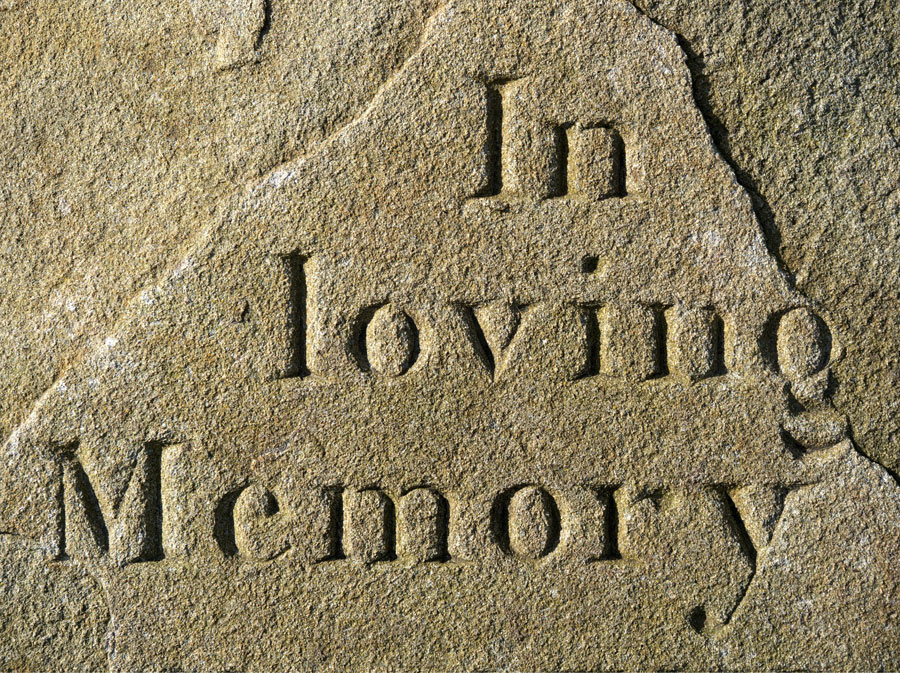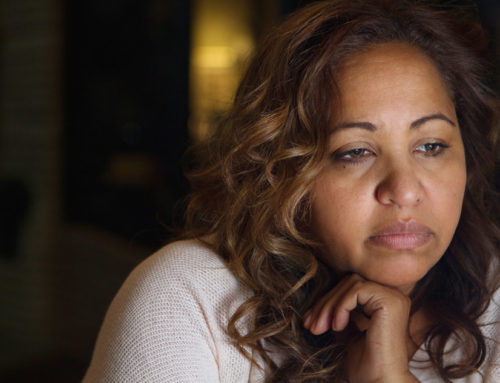Life is synonymous with loss. Losses are part of life; in every moment something is shifting, being born, and passing away. We understand this philosophically, on an intellectual level, yet when we experience a deep loss we are suddenly faced with powerful, painful and often overwhelming feelings. We feel the pain of loss for many things: dreams, loves lost, relationships ended, missed opportunities. And grief is the process of coming to terms with and reconciling those losses in the context of our own continuing lives, of our own mortality.
So much has been written about grief, yet when it knocks at our own door we often feel helpless: it highlights our vulnerabilities, our old emotional wounds, and often touches places where we still have emotional work to do.
This process of grief is in some ways predictable, though non-linear: we know that denial and bargaining, depression, and anger are common human experiences on the way to the acceptance of a loss. And each time we experience grief it will take a different course, unique to that loss and that time in our life.
“The archaeology of grief is not ordered. It is more like earth under a spade, turning up things you had forgotten. Surprising things come to light: not simply memories, but states of mind, emotions, older ways of seeing the world.” ― Helen Macdonald
Where grief gets complicated is when we somehow make the loss personal, meaning we feel guilt or shame around the loss. The loss feels like proof that there is something wrong with us, or the world. These beliefs keep us stuck, and that ultimately becomes our dilemma, to either turn away and avoid the pain, or be overcome by it. And yet moving purposefully through grief is neither of these, but is rather a process of looking squarely at the guilt or shame, at what we have made it mean about us, and begin a process of nurturing these tender wounds, even correcting the beliefs triggered by the loss.
“Love is infinite. Grief can lead to love. Love can lead to grief. Grief is a love story told backward just as love is a grief story told backward.” ― Bridget Asher
And that may ultimately be the point: loss is an invitation to find deeper meaning to our lives, to live more fully and with more appreciation for our gifts and opportunities, the loves we share and the relationships we foster.
 Grief doesn’t work on clock time; what we do know is that the more we share about ourselves, giving voice to our feelings vulnerably in the presence of those with whom we feel safe, the more ‘complete’ the process is for us, and the deeper the lessons. We need company there. It is transformative: the question isn’t if, but how we will change in the face of the loss.
Grief doesn’t work on clock time; what we do know is that the more we share about ourselves, giving voice to our feelings vulnerably in the presence of those with whom we feel safe, the more ‘complete’ the process is for us, and the deeper the lessons. We need company there. It is transformative: the question isn’t if, but how we will change in the face of the loss.
What new meanings shall we choose to make? What appreciation shall we have for the joys and graces afforded us, and the full spectrum and depth of feeling, of pain and ecstasy? And, in time, we may find a calm centre in all of that, where we feel grounded in a connection with our human experience, and a deeper appreciation for the opportunity to feel truly alive.
Eventually we find a new context in which to honour the loss, and allow the relationships to live peacefully in our hearts: alongside our longings we find ease, and joy, and surrender. In essence we foster a new relationship with the loss. Allowing this process to unfold, with self compassion, and getting some help, is like remembering we are in the middle of our story, when grief told us we were at the end.
“The reality is that you will grieve forever. You will not ‘get over’ the loss of a loved one; you will learn to live with it. You will heal and you will rebuild yourself around the loss you have suffered. You will be whole again but you will never be the same. Nor should you be the same nor would you want to.” ― Elisabeth Kübler-Ross







